The Big Five Extinctions and Human Evolution
1/30
There's no tags or description
Looks like no tags are added yet.
Name | Mastery | Learn | Test | Matching | Spaced |
|---|
No study sessions yet.
31 Terms
Cretaceous-Tertiary Extinction
K-T event occurred ~65 million years ago.
Iridium Layer
Layer indicating asteroid impact at K-T boundary.
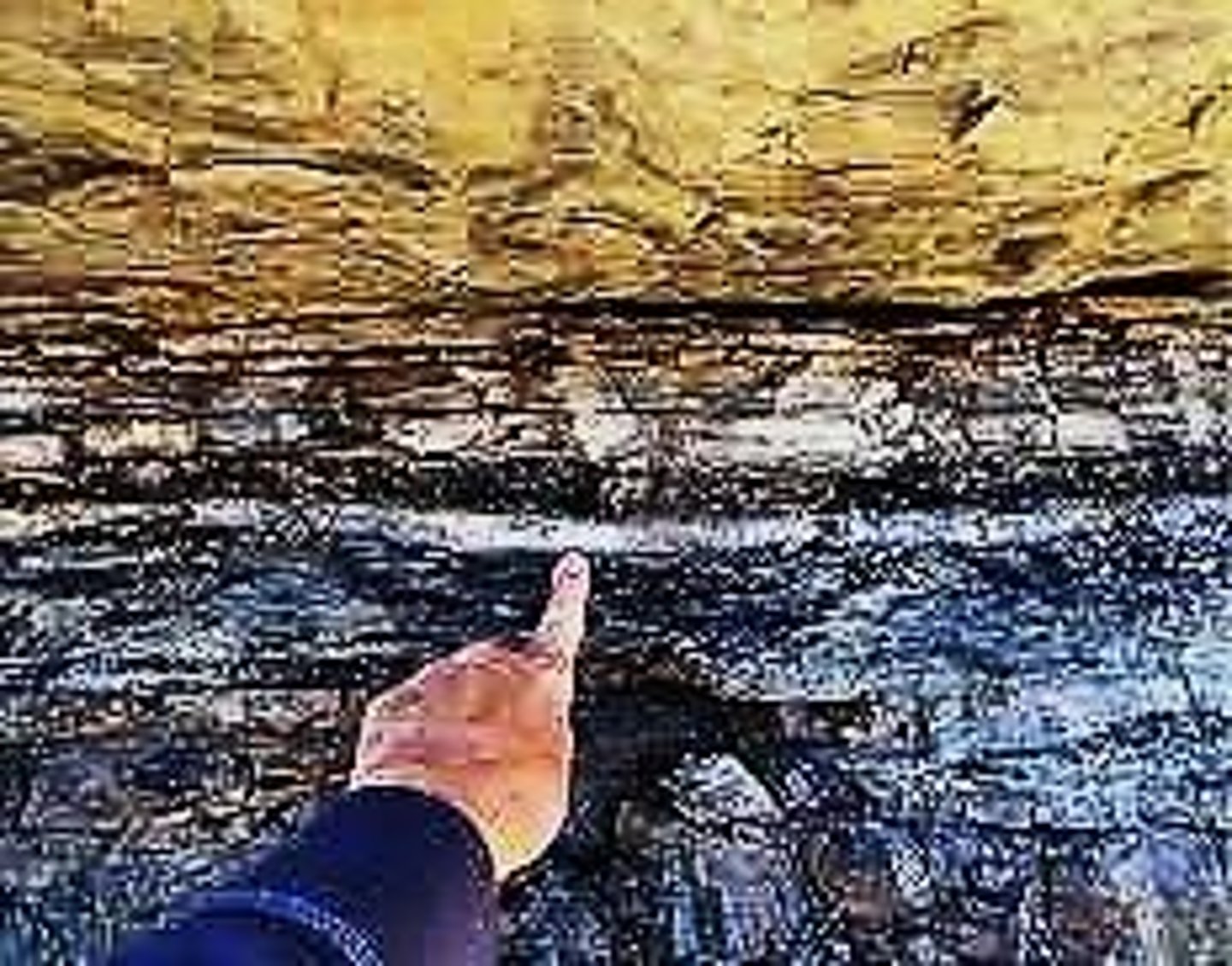
Chicxulub Crater
120 miles wide, evidence of dinosaur extinction.
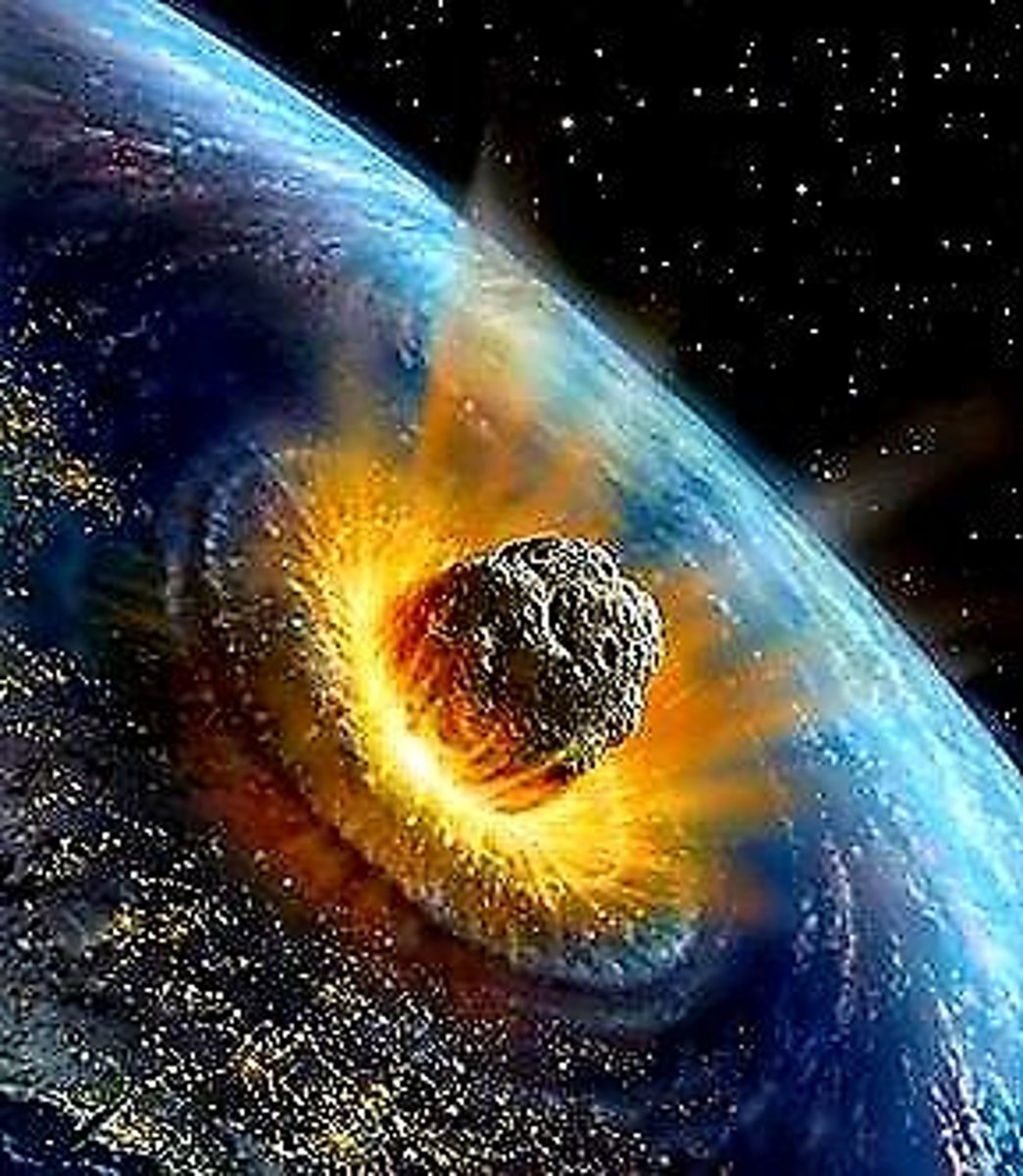
Adaptive Radiation
Surviving species diversify into unoccupied niches.
Mass Extinction
Event reducing biodiversity, opening new ecological niches.
Fossil Evidence
Over 250,000 species fossils document evolutionary history.
Stromatolite
Layered sedimentary structure formed by microbial activity.
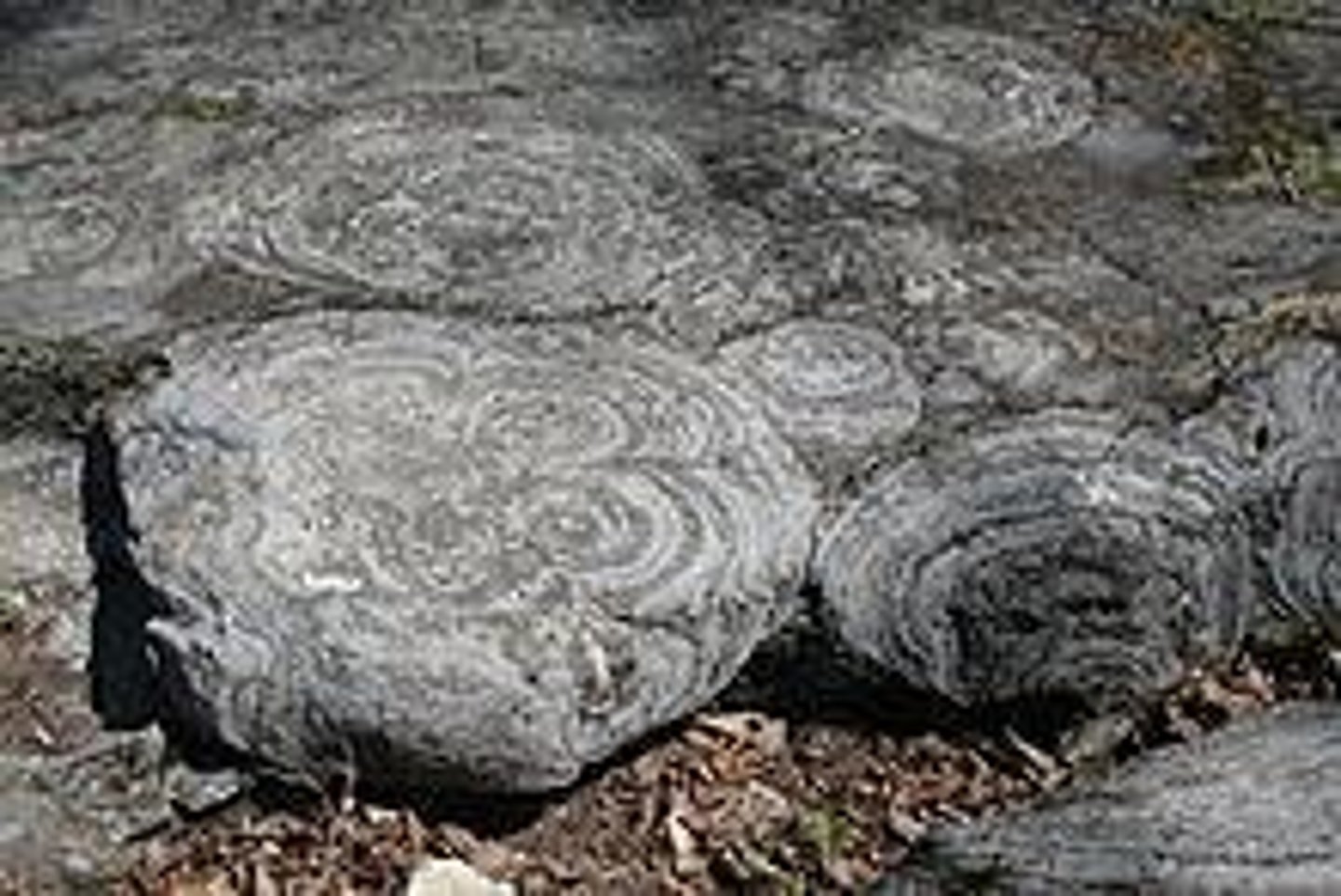
Tiktaalik
Transitional fossil between fish and tetrapods.
Comparative Anatomy
Study of similarities and differences in organisms.
Homologous Structures
Similar structures in different species from common ancestor.
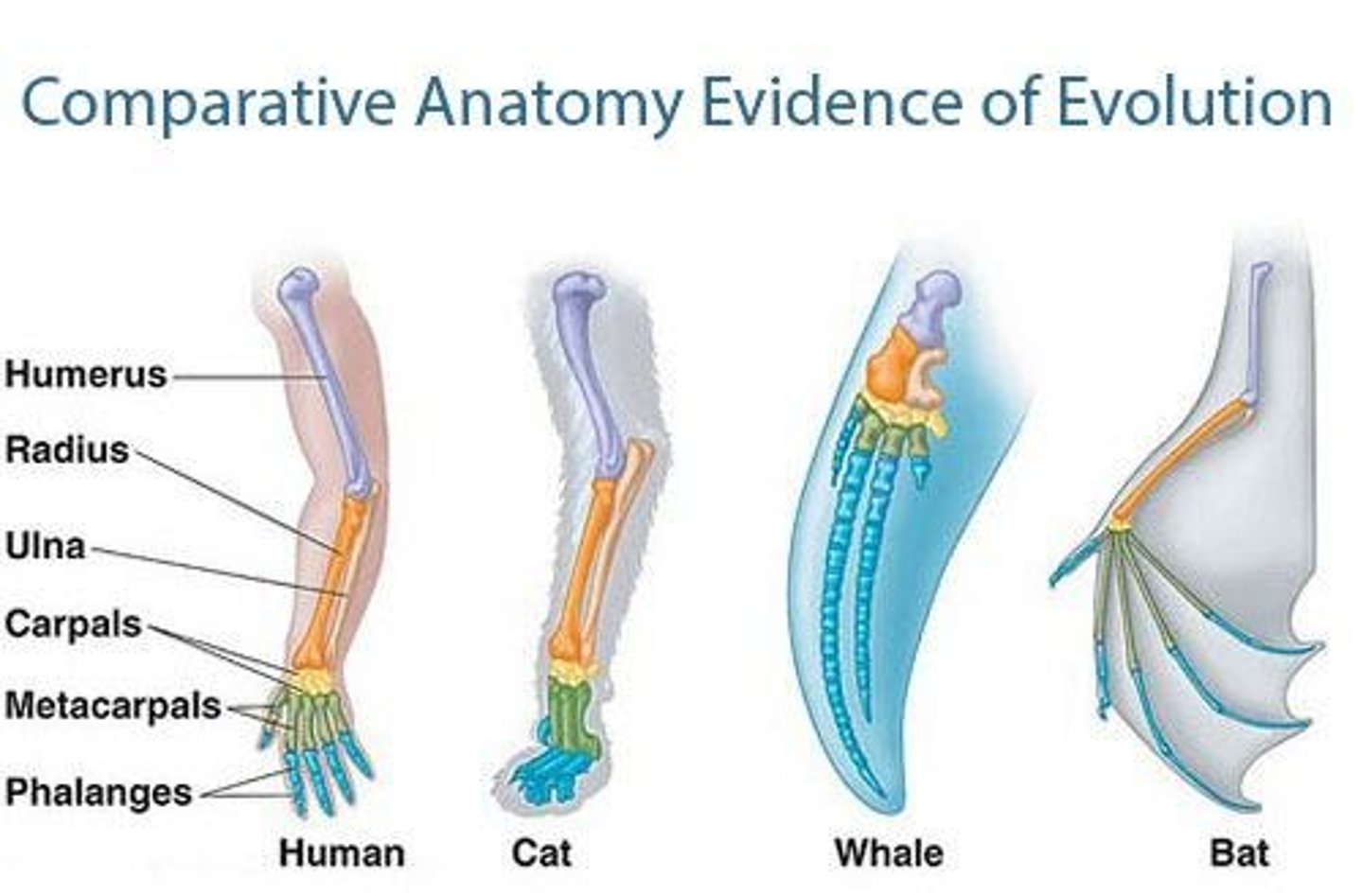
Analogous Structures
Different structures in species with similar functions.
Molecular Biochemistry
Study of biological molecules and their functions.
Amino Acid Sequences
Differences indicate evolutionary relationships among species.
Phylogenetic Trees
Diagrams showing evolutionary relationships based on traits.
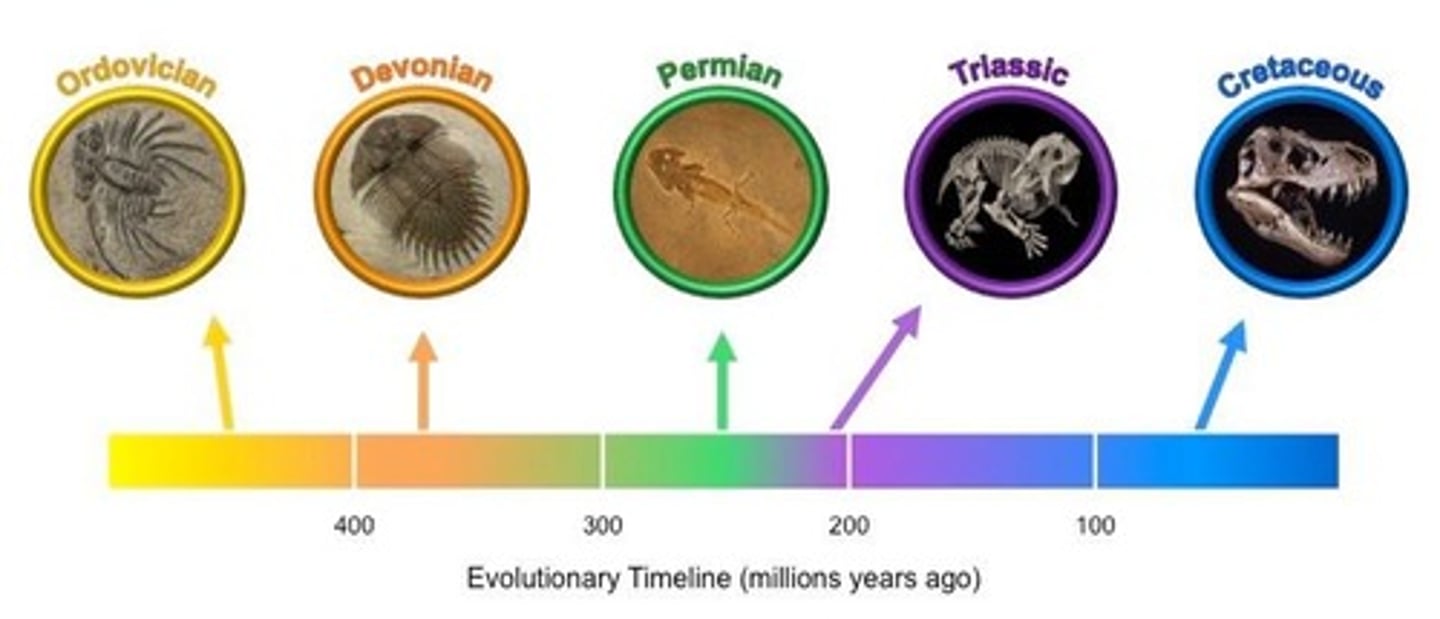
Order Primates
Evolved 80-75 million years ago, includes lemurs and apes.
Grasping Hand
Adaptation aiding in climbing and tool use.
Binocular Vision
Depth perception crucial for arboreal living.
Large Brain
Supports complex behaviors and social interactions.
Parental Care
Increases offspring survival through nurturing.
Australopithecus afarensis
Early hominin, known from Lucy's fossil, 3.2 MYA.
Homo Habilis
Known as 'Handy Man', lived 2.1-1.5 MYA.
Homo Erectus
'Upright Man', existed 1.9 MYA to 143,000 YA.
Homo Neanderthalensis
Neanderthals lived 200,000 to 40,000 years ago.
Out of Africa Hypothesis
Theory suggesting modern humans originated in Africa.
Neanderthal DNA
Shared genetic material with modern humans, ~99.5% similar.
Cro-Magnon Man
Early modern humans in Europe, coexisted with Neanderthals.
Genetic Comparison
Studies show divergence between humans and Neanderthals.
Altruism in Neanderthals
Evidence of care and social behavior in Neanderthals.
Mitochondrial DNA Analysis
Reveals human evolution and migration patterns.
Evolutionary Timeline
Chronological sequence of human evolutionary events.
Adaptive Advantages
Traits that enhance survival and reproduction in primates.